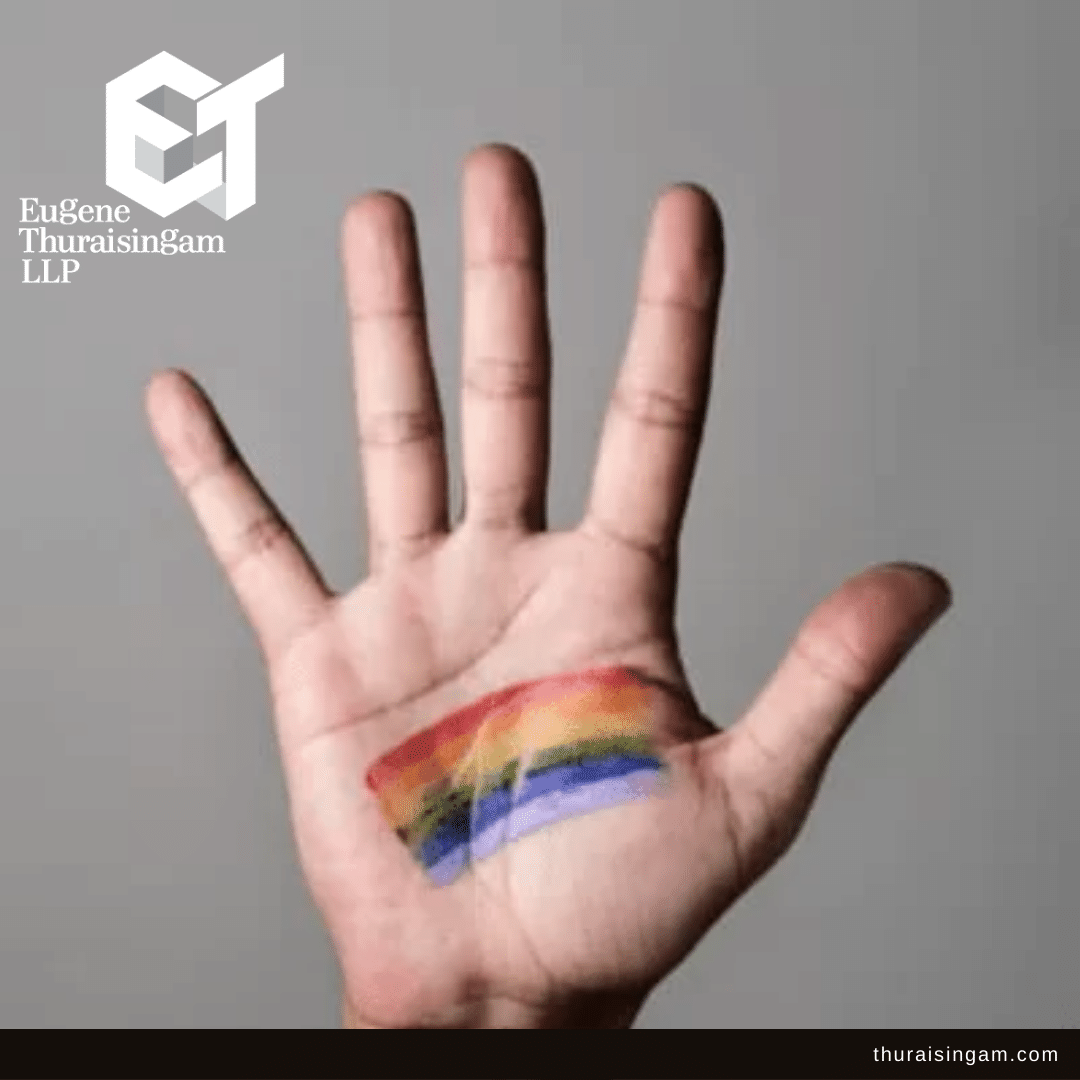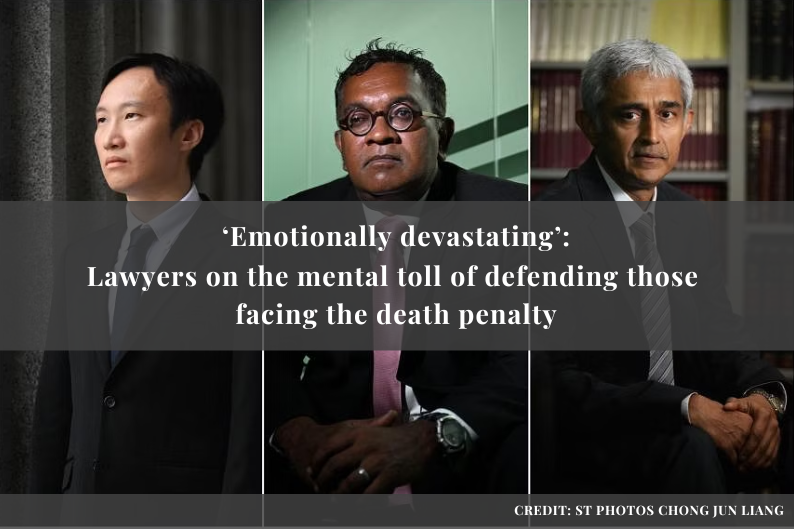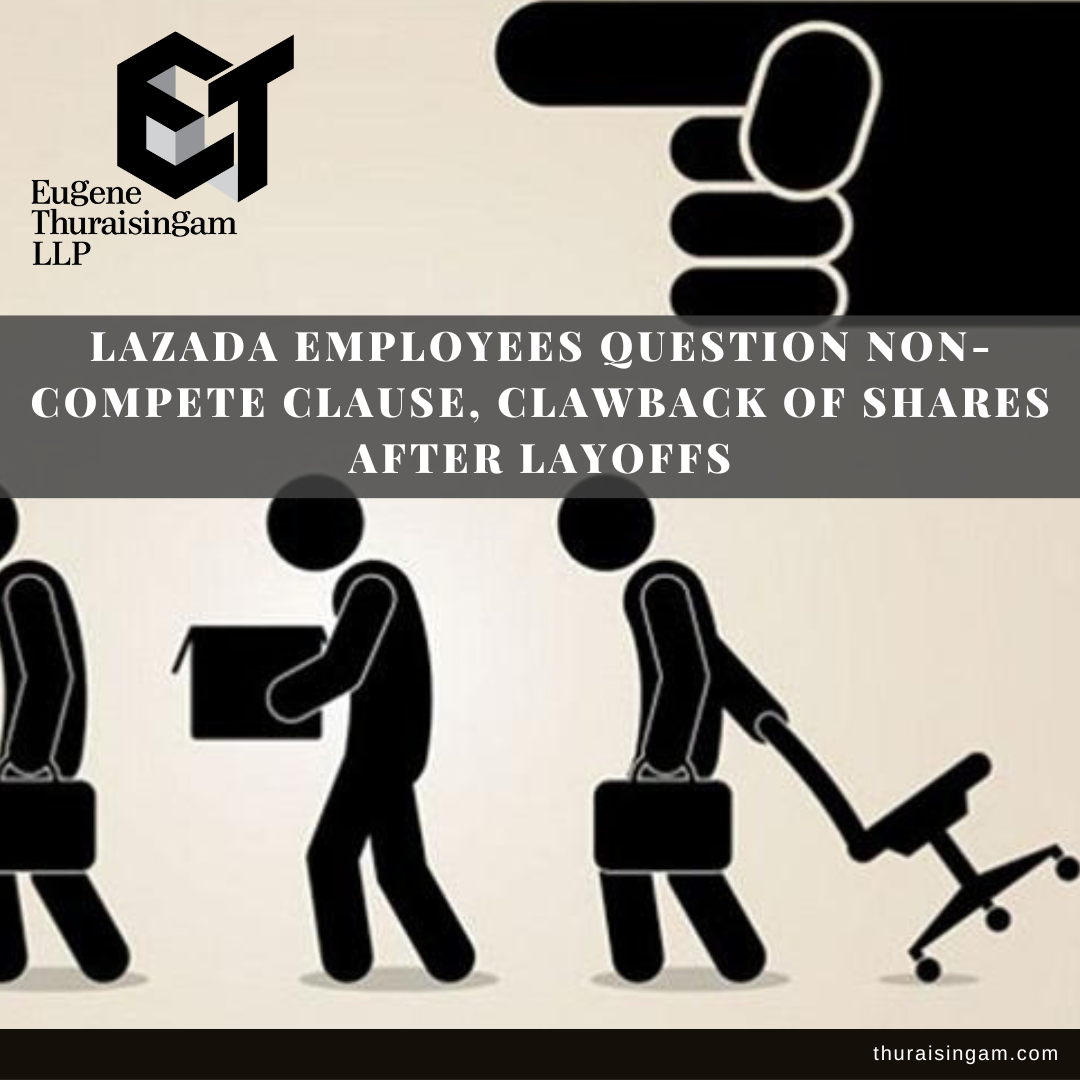Application to review the constitutionality of section 377A of the Penal Code
Section 377A – Application to review the constitutionality
1. Introduction
Earlier this year, Eugene Thuraisingam was quoted in The Straits Times for taking on five high-profile cases in 2019. One of the five high-profile cases was an application to review the constitutionality of section 377A of the Penal Code. Section 377A criminalises acts of “gross indecency”, in public or private, between men and carries a maximum two-year imprisonment term.
2. Three Challenges to Section 377A of the Penal Code Heard
There are three challenges to section 377A that was jointly heard in chambers before the High Court yesterday. These challenges were mounted by Mr Johnson Ong Ming, a disc-jockey and producer, Dr Roy Tan Seng Kee, a retired general practitioner, and Mr Bryan Choong, a former executive of LGBT non-profit organisation Oogachaga.
3. Eugene Thuraisingam LLP comments in CNA
Eugene, Suang Wijaya, and Johannes Hadi represent Mr Ong. Johannes told CNA:
We aim to prove on the balance of probabilities, relying on scientific evidence submitted by eminent doctors and scientists called by both the Government and our client, that homosexuality is a natural variant of sexual orientation in humans. Sexual orientation is mainly determined by genetic, hormonal and other non-social environmental factors, and cannot be voluntarily changed.
They are Professor Dinesh Bhugra CBE (Professor Emeritus of Mental Health and Cultural Diversity at King’s College London, recent past President of the World Psychiatric Association, and current President of the British Medical Association), Dr Cai Yiming (Emeritus Consultant, Institute of Mental Health), and Dr Jacob Rajesh (Senior Consultant Psychiatrist, Promises Clinic).
If we can prove this, then section 377A is not just an absurd law because it criminalises homosexual adults for who they are and what they do in private, but also discriminatory. This offends Article 9(1) of our Constitution, which prohibits the deprivation of life or personal liberty save in accordance with law, and Article 12(1) which mandates that all persons are equal before the law and entitled to the equal protection of the law.







